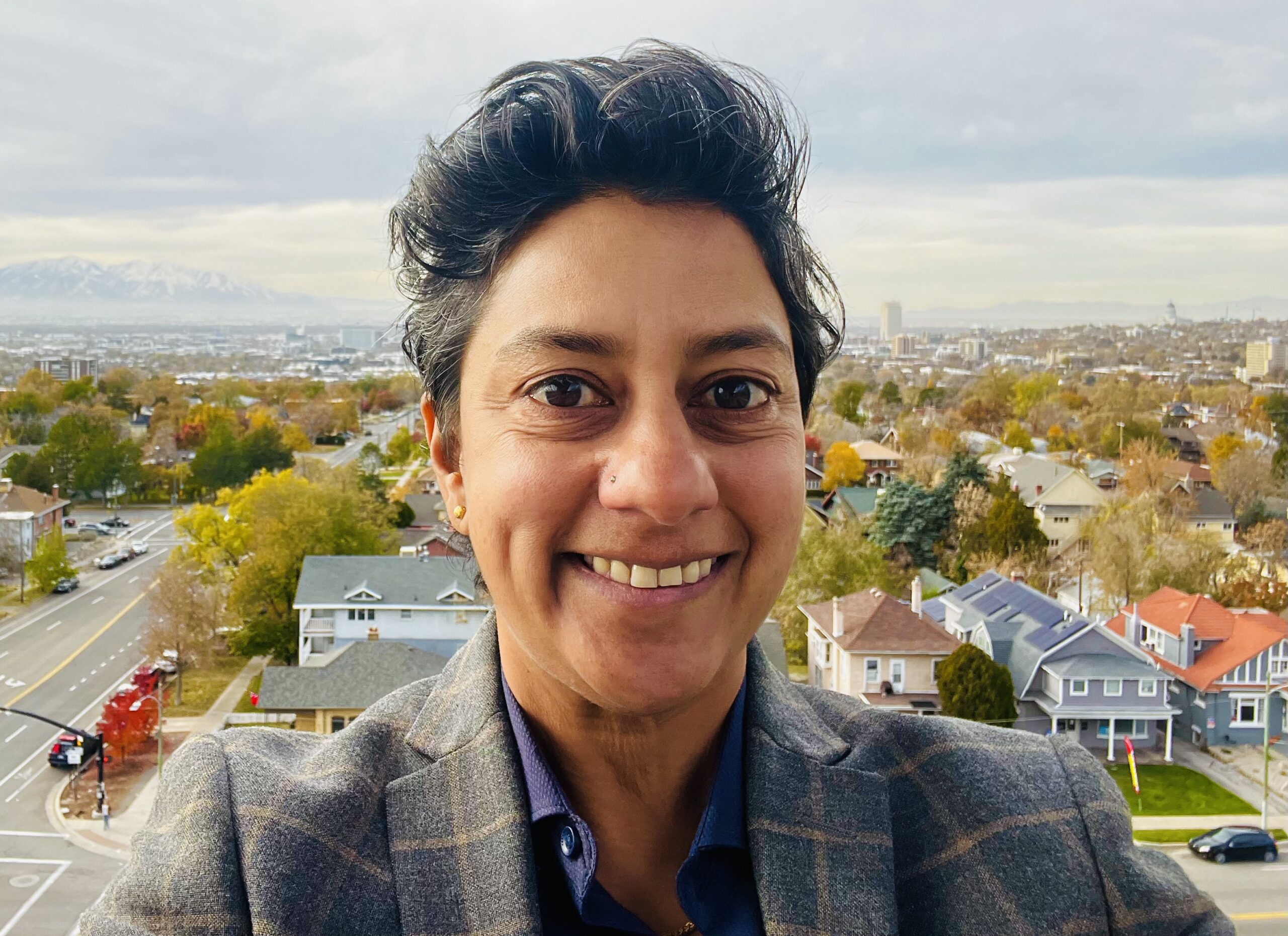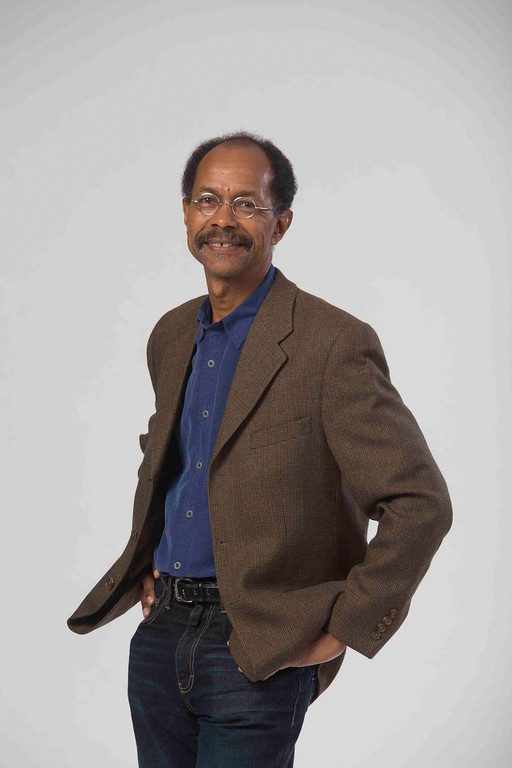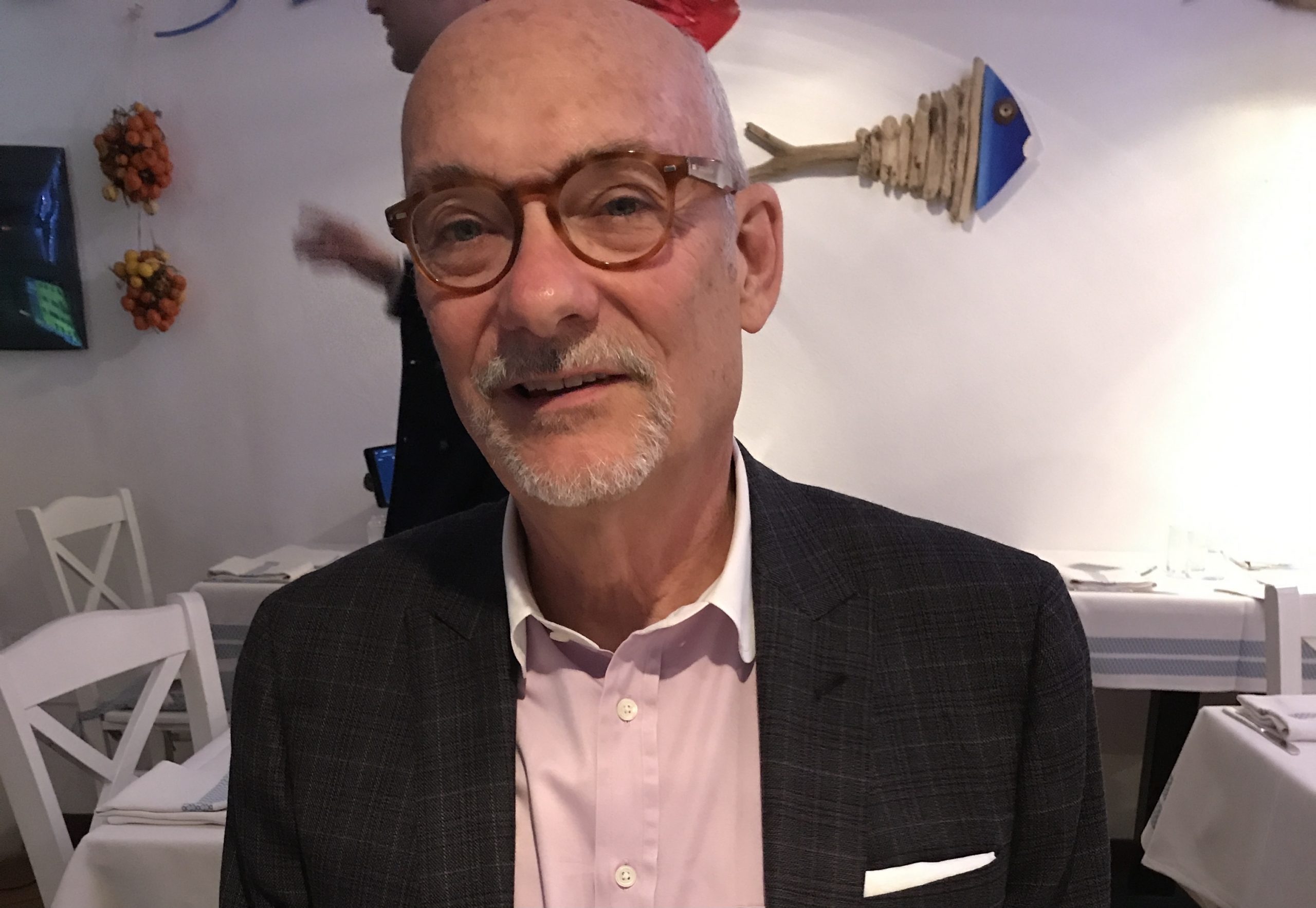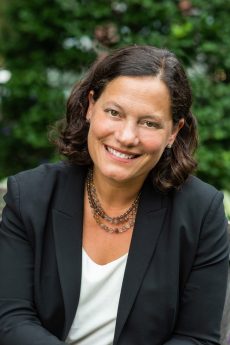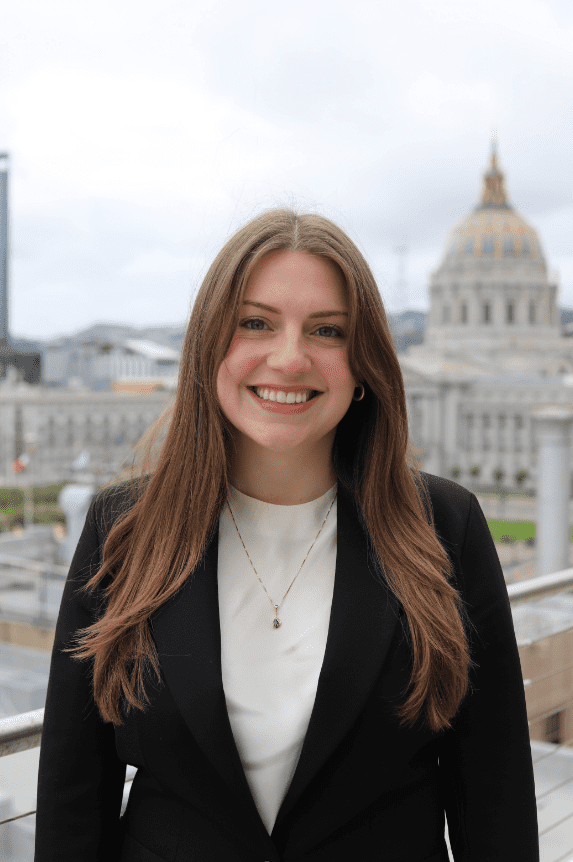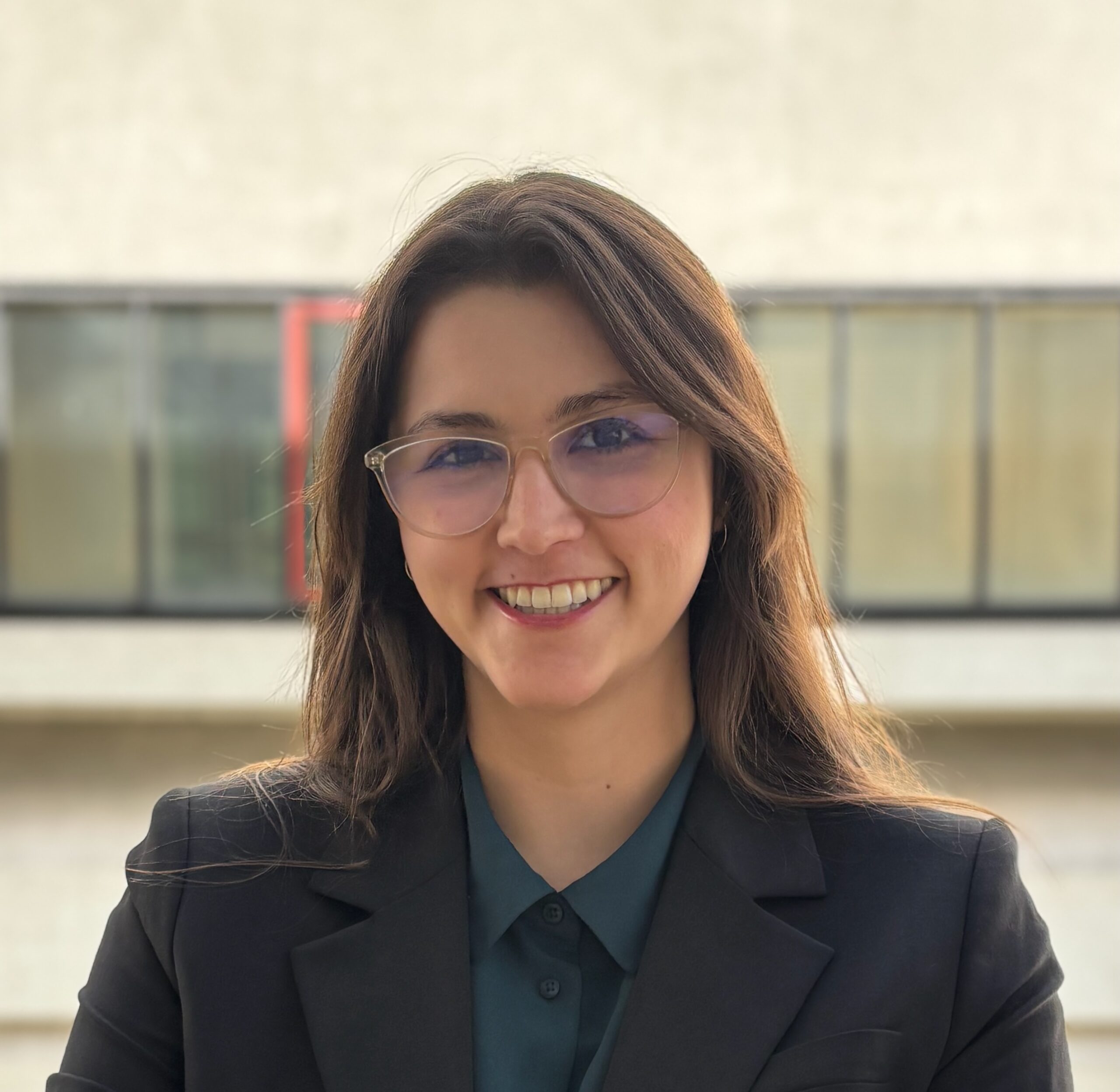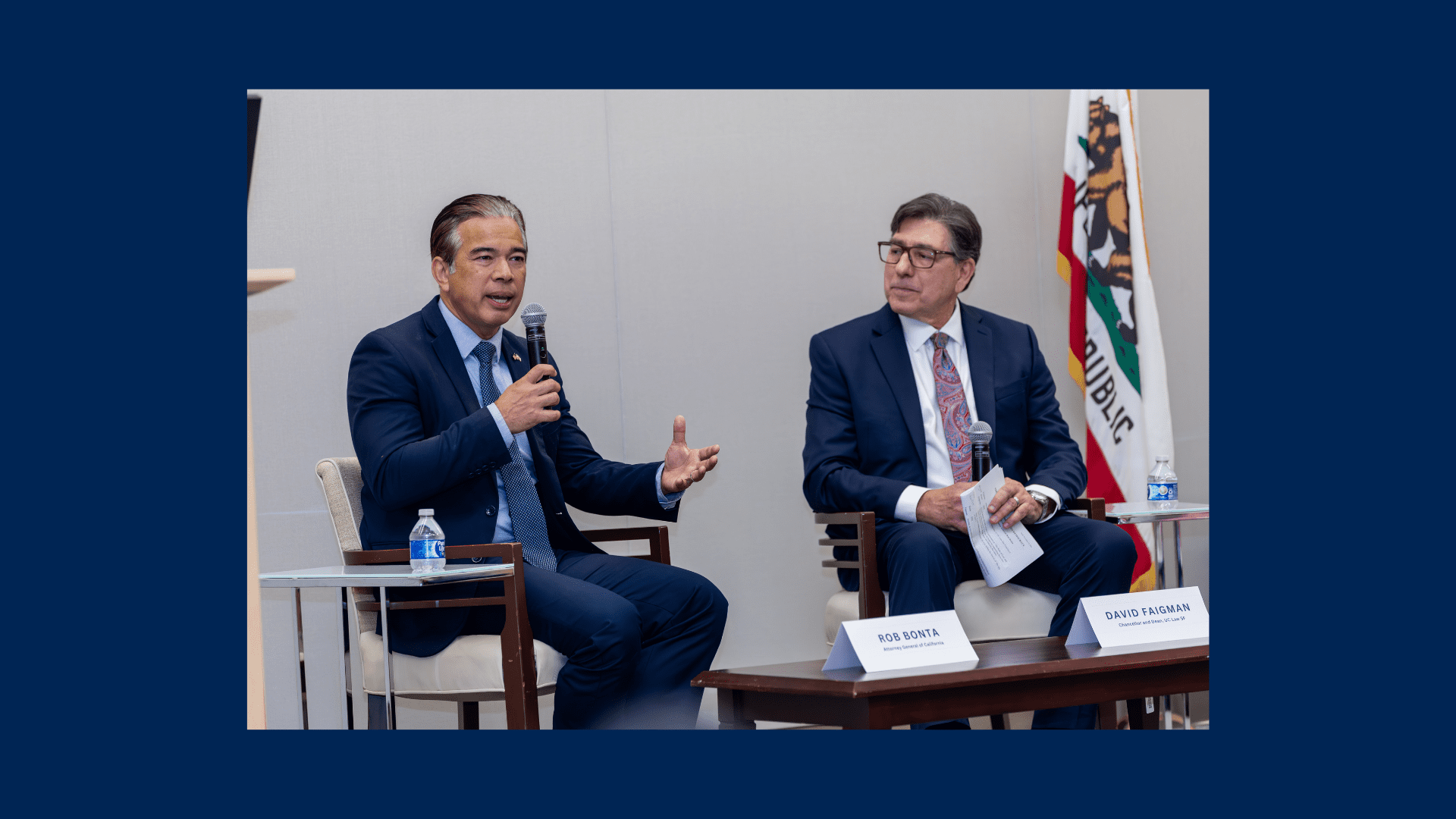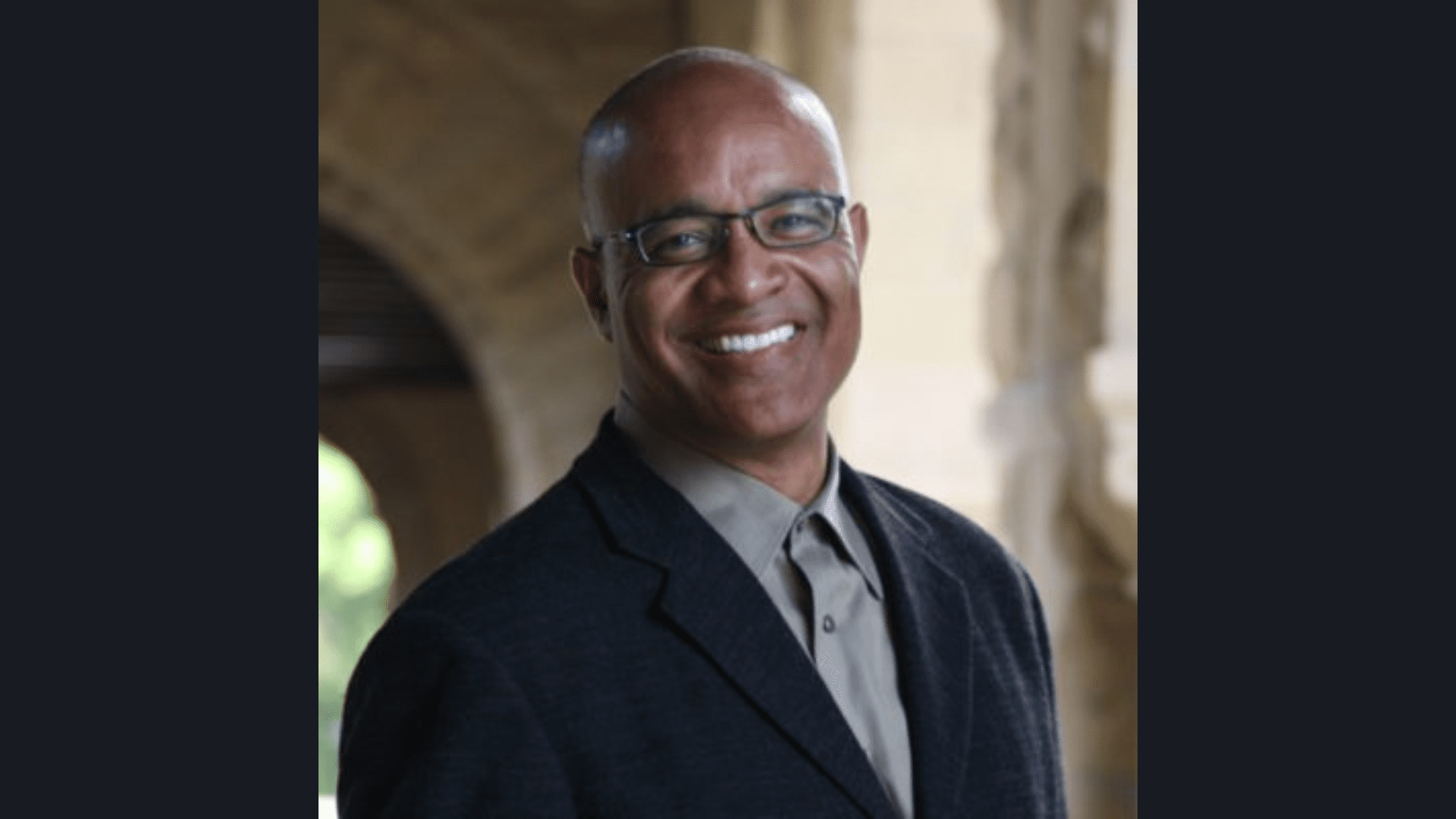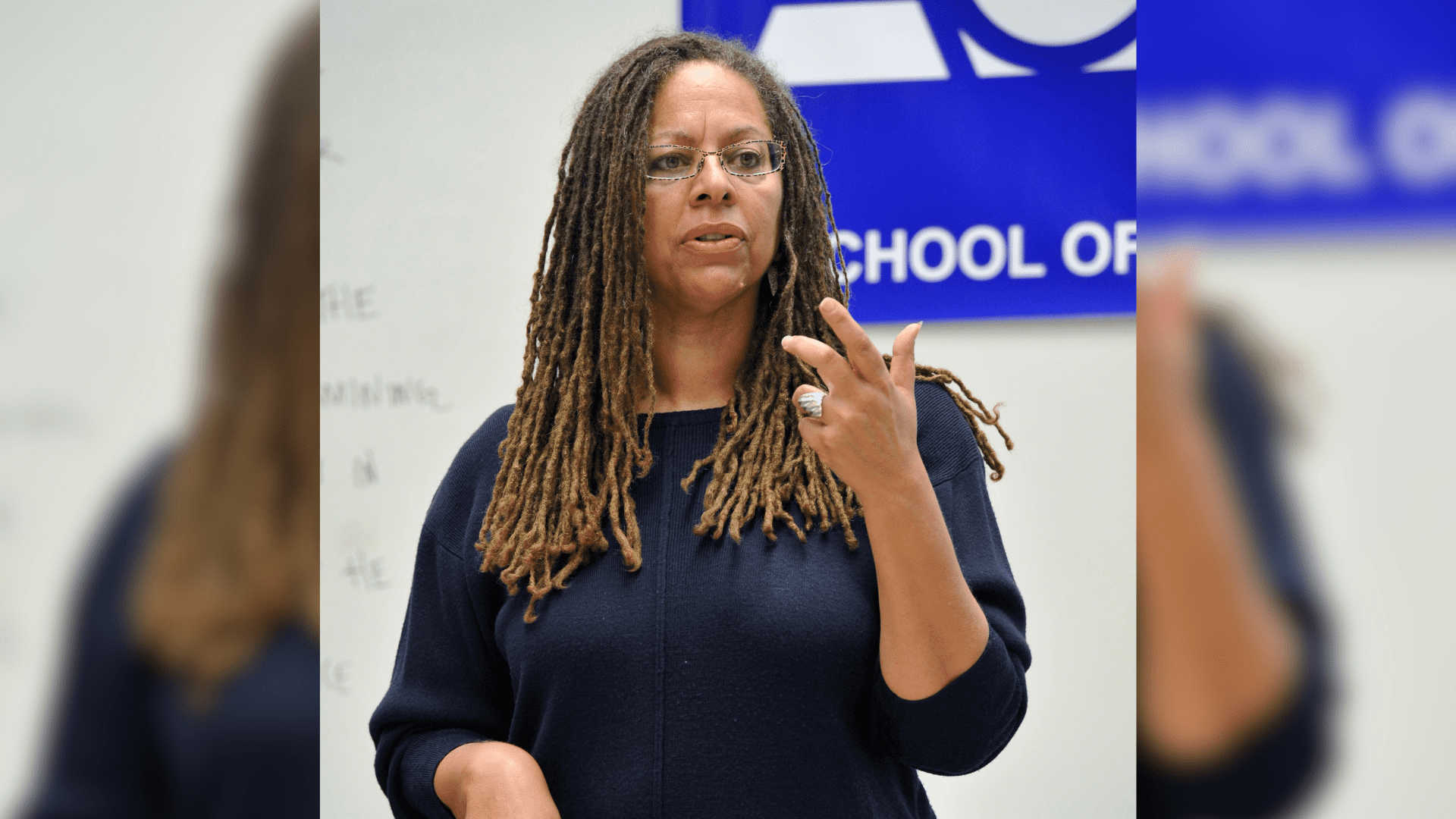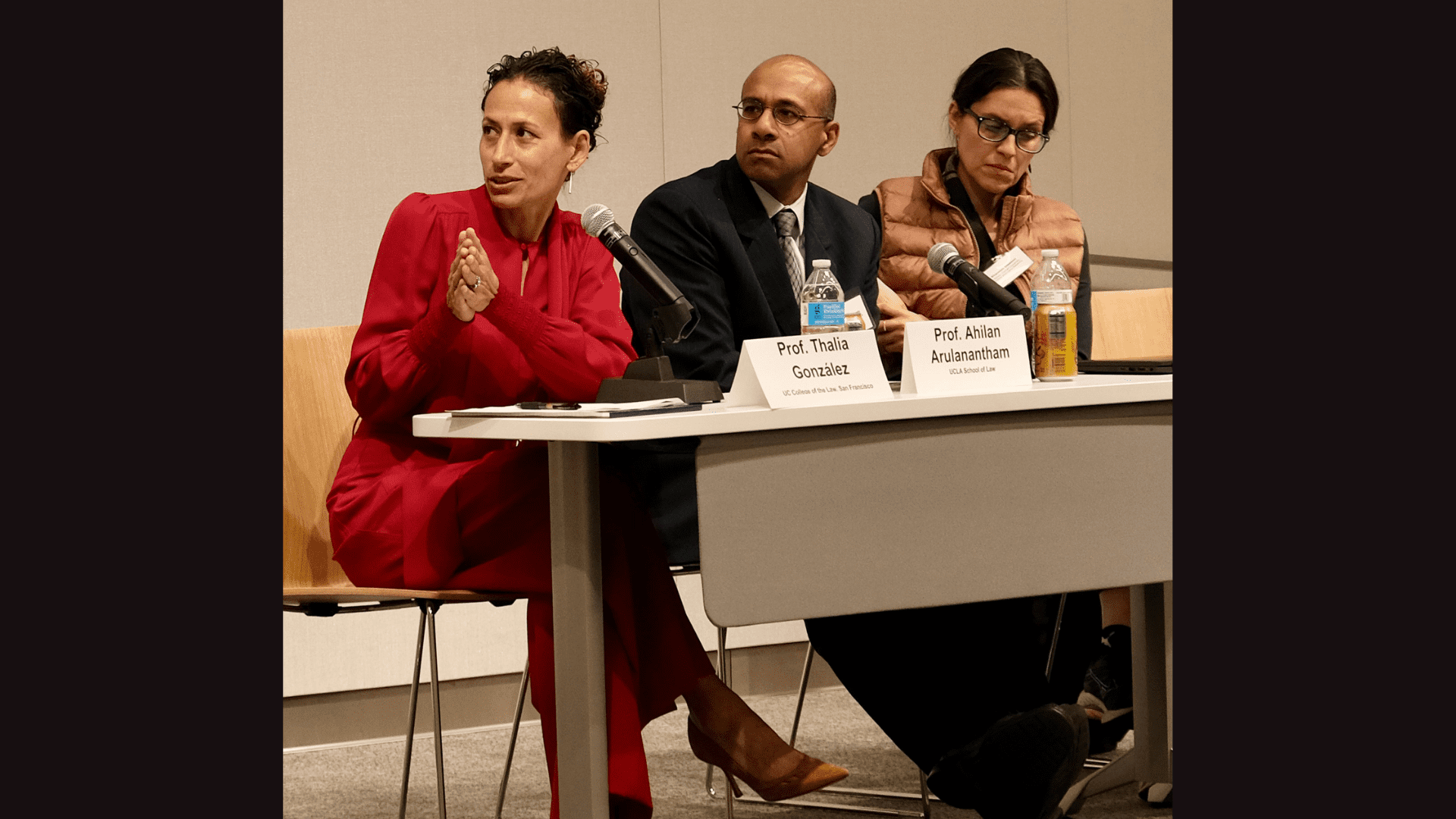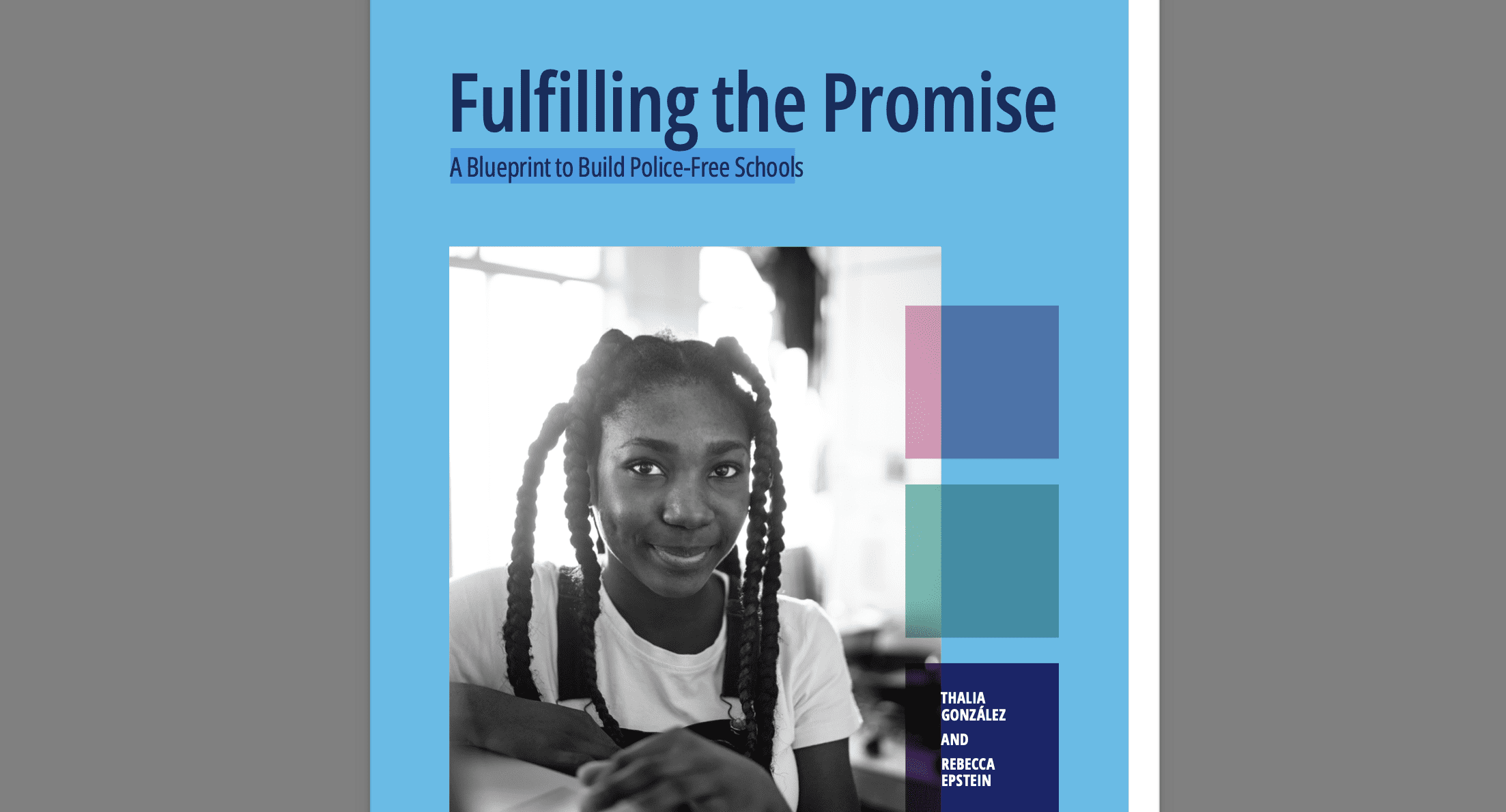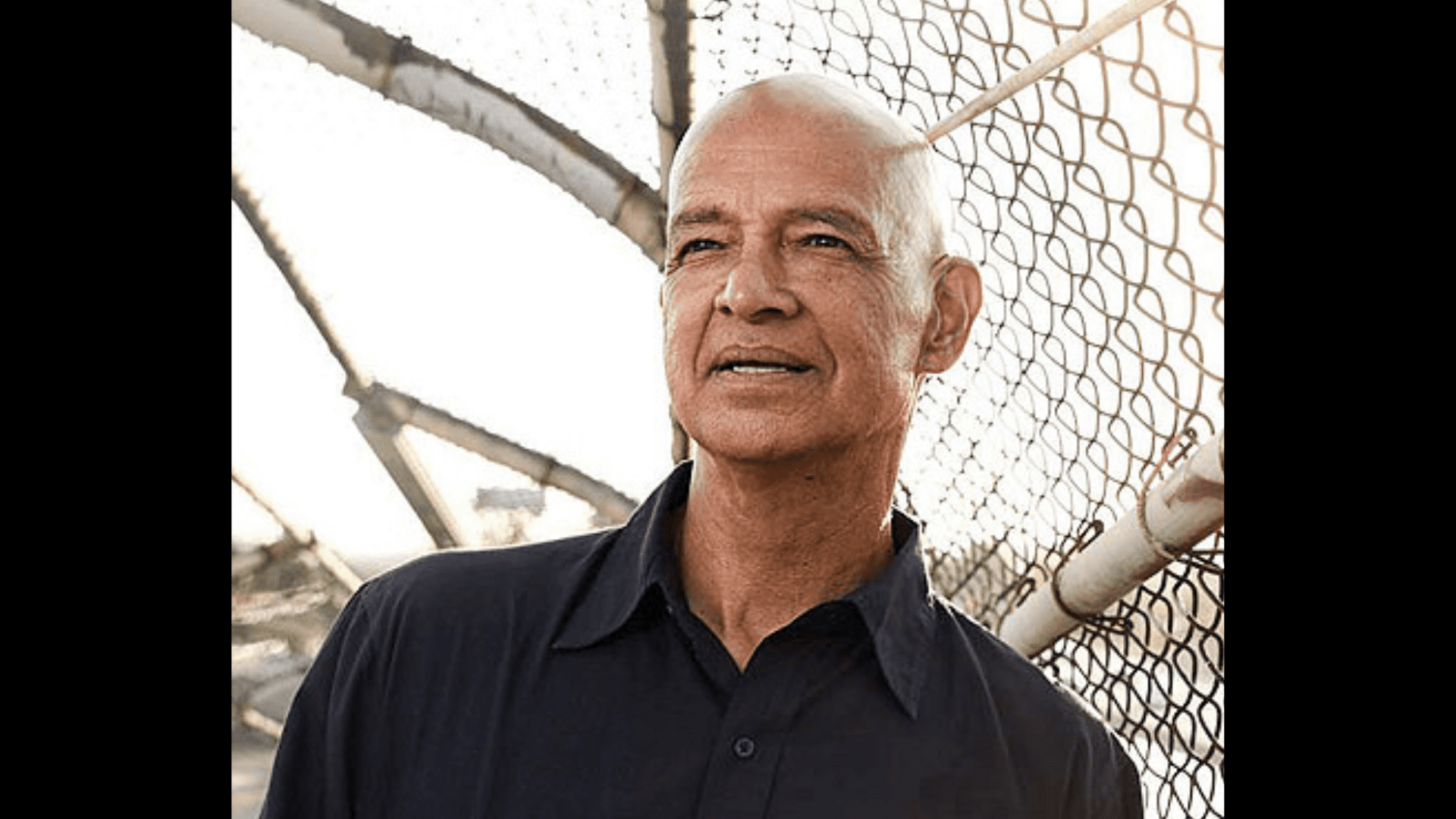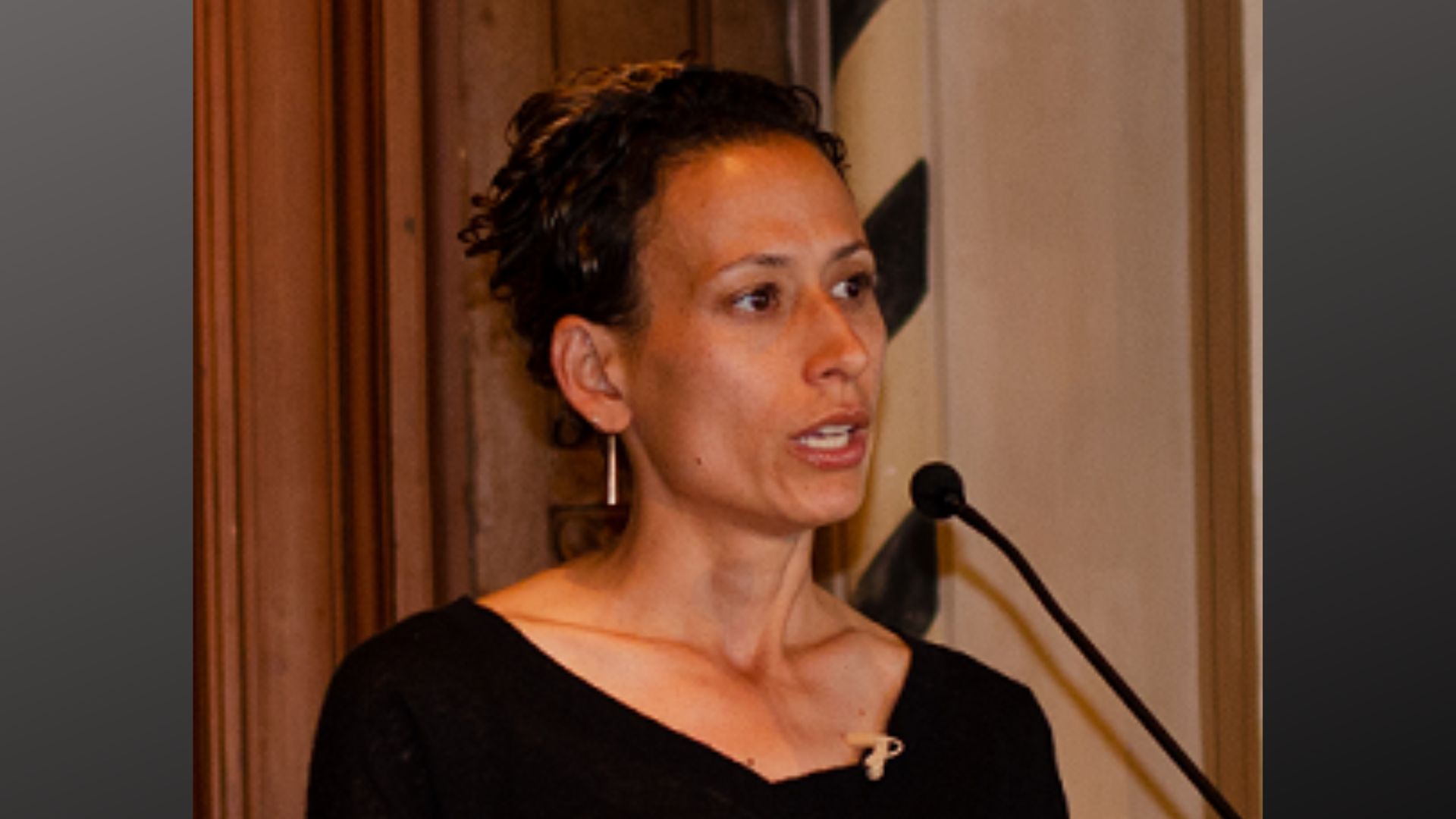Center for Racial and Economic Justice
The Center for Racial and Economic Justice (CREJ) works to advance equity and justice through legal education, original research and scholarship, and academic-community partnerships and collaborations. Each year, CREJ convenes and facilitates dialogues with scholars, practitioners, and community leaders through conferences, symposia, and roundtables on contemporary field issues and challenges in racial and economic injustice. To achieve its mission, CREJ actively collaborates with UC Law San Francisco faculty, UC Law San Francisco students, and local and national organizations, as well as other race and law centers across the country.
As a hub for racial and economic justice activities, CREJ enriches the intellectual community at UC Law San Francisco by hosting two academic appointments, the Wiley Manuel Visiting Scholar and Professorship and C. Keith Wingate Visiting Assistant Professorship. The Wiley Manuel Visiting Scholars and Professors are legal scholars whose work has been recognized as seminal the fields of racial and economic justice and include Professor Cheryl Harris (2024 – 2025), Professor Jerry López (2023 – 2024), Professor Scott Cummings (2023 – 2022) and Professor Rusell Robinson (2022 – 2021). In 2025 – 2025, CREJ will welcome Professor Rick Banks as the Wiley Manuel Visiting Scholar and Professor. The two-year C. Keith Wingate Visiting Assistant Professorship supports junior scholars committed to equity and justice, in developing their research and teaching portfolios before entering legal academia. The 2024-2026 C. Keith Wingate Visiting Assistant Professor of Law is Natalia Ramírez Lee. Prior C. Keith Wingate Visiting Assistant Professor of Law are Professor Prithika Balakrishnan (UC Law San Francisco) and Professor Evelyn Marcelina Rangel-Medina (Temple University James E. Beasley School of Law).

CREJ Annual Report 2024-2025
Last Year’s CREJ Annual Report 2023-2024
Faculty Co-Directors
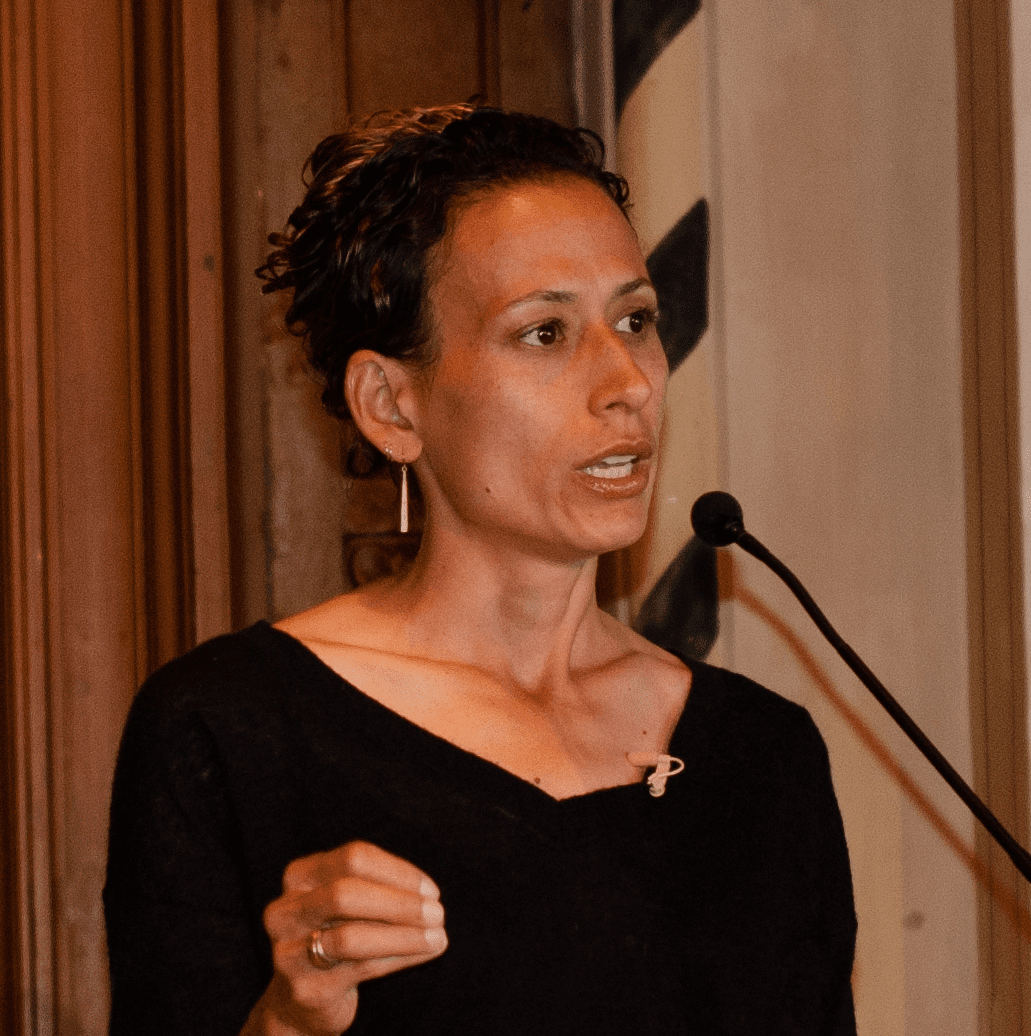 |
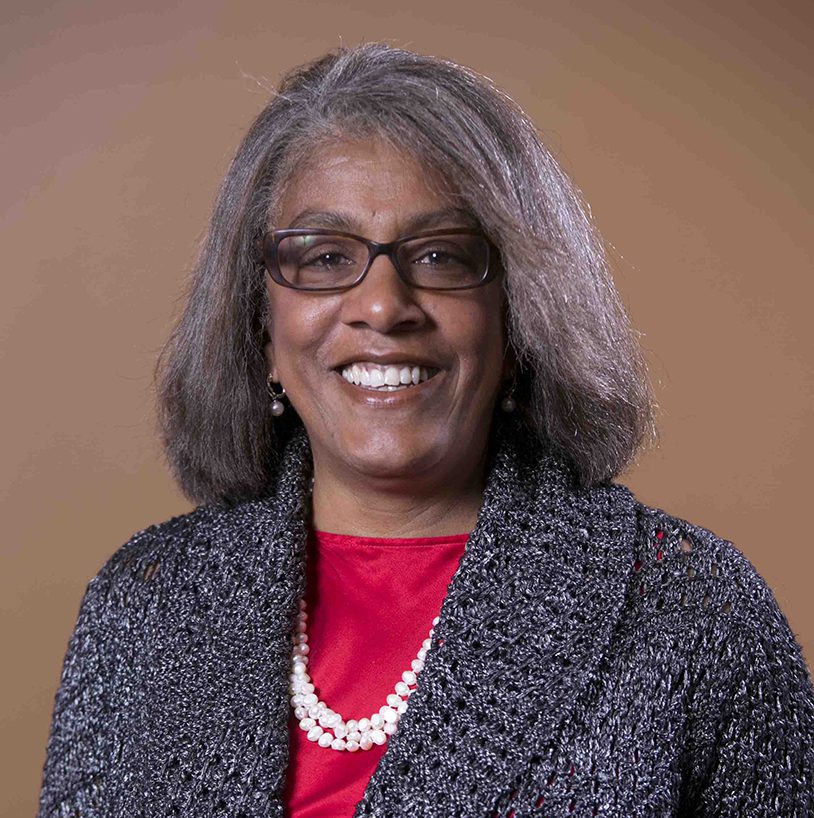 |
Thalia GonzálezProfessor of Law & James Edgar Hervey ’50 Chair of Litigation, Co-Director of the Center for Racial and Economic Justice View Thalia González’sProfile |
Shauna MarshallThe Honorable Raymond L. Sullivan Professor of Law, Co-Director of the Center on Racial and Economic Justice View Shauna Marshall’sProfile |
Research
- FAQ: Educational Fines and Fines in K – 12 Public Schools (Center for Racial and Economic Justice, 2025)
- State Restorative Justice Legislation 2020 – 2025: Confidentiality, Admissibility & Privilege, Center for Racial and Economic Justice, UC Law SF (2025)
- ‘Common Sense Discipline’ is Not Evidence-Based School Discipline: The Misalignment of Executive Order 14280 and Education Research (Center for Racial and Economic Justice, 2025).
- FAQ: Remote Work Racial Discrimination (Center for Racial and Economic Justice, 2025).
- Prevention Beyond Deterrence (Benjamin A. Barsky, 2026)
- Flexible Work, Rigid Discrimination (Natalia Ramírez Lee, 2025)
- Governance & Guardrails: Artificial Intelligence and Low-Wage Workers (Seema Patel, 2025)
- Citizenship and Civic Engagement Among New Americans: Arab, Asian, and Latino Americans During a Shifting Political Landscape (Ming Hsu Chen, Adrian Ballesteros, Emiiy Cole, Joy Min, 2025)
- Betwixt and Between: Restorative Justice, DEI, and Education Carcerality (Thalia González and Alyssa Scott, 2025)
- With Fear, Favor, and Flawed Analysis: Decision-Making in U.S. Immigration Courts (Karen Musalo, et al., 2024)
- Aligning United States Law with International Norms Would Remove Major Barriers to Protection in Gender Claims (Karen Musalo, 2024)
- Racial Reckoning and the Police-Free Schools Movement (Thalia González & Rebecca Epstein, 2024)
- Reproducing Inequality: Racial Capitalism and the Cost of Public Education (Thalia González & Paige Joki, 2024)
- The Uncertain Future of Restorative Justice: ‘Anti-Woke’ Legislation, Retrenchment & Politics of Parental Rights (Thalia González & Mara Schiff, 2024)
- Taking the Name Brown in Vain: Separate but Equal, Brown and the Harvard Case (Matt Coles, 2024)
Meet the CREJ Faculty Affiliates
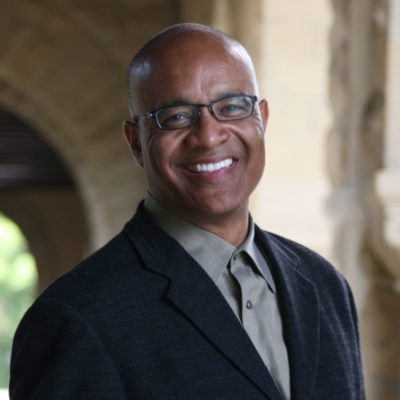
Ralph Richard Banks
Center for Racial and Economic Justice Wiley Manuel Visiting Professor
View Ralph Richard Banks’s Profile
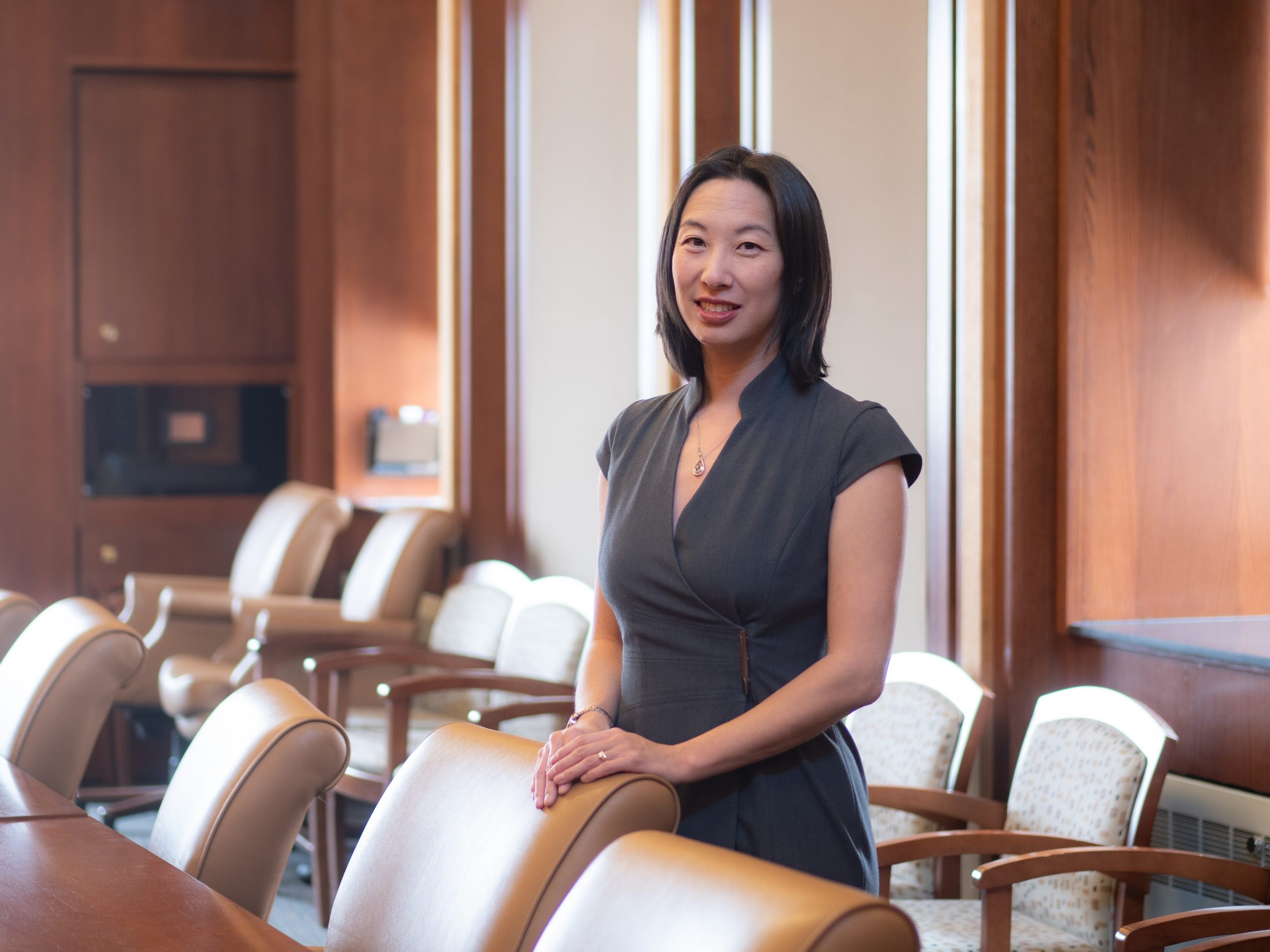
Ming H. Chen
Professor and Harry & Lillian Hastings Research Chair, Director of the Center on Race, Immigration, Citizenship and Equality
View Ming H. Chen’s Profile

Karen Musalo
Professor and Chair in International Law, Director of the Center for Gender & Refugee Studies
View Karen Musalo’s Profile

Christine Natoli
Kazan McClain Partners’ Foundation Professor of Practice
View Christine Natoli’s Profile
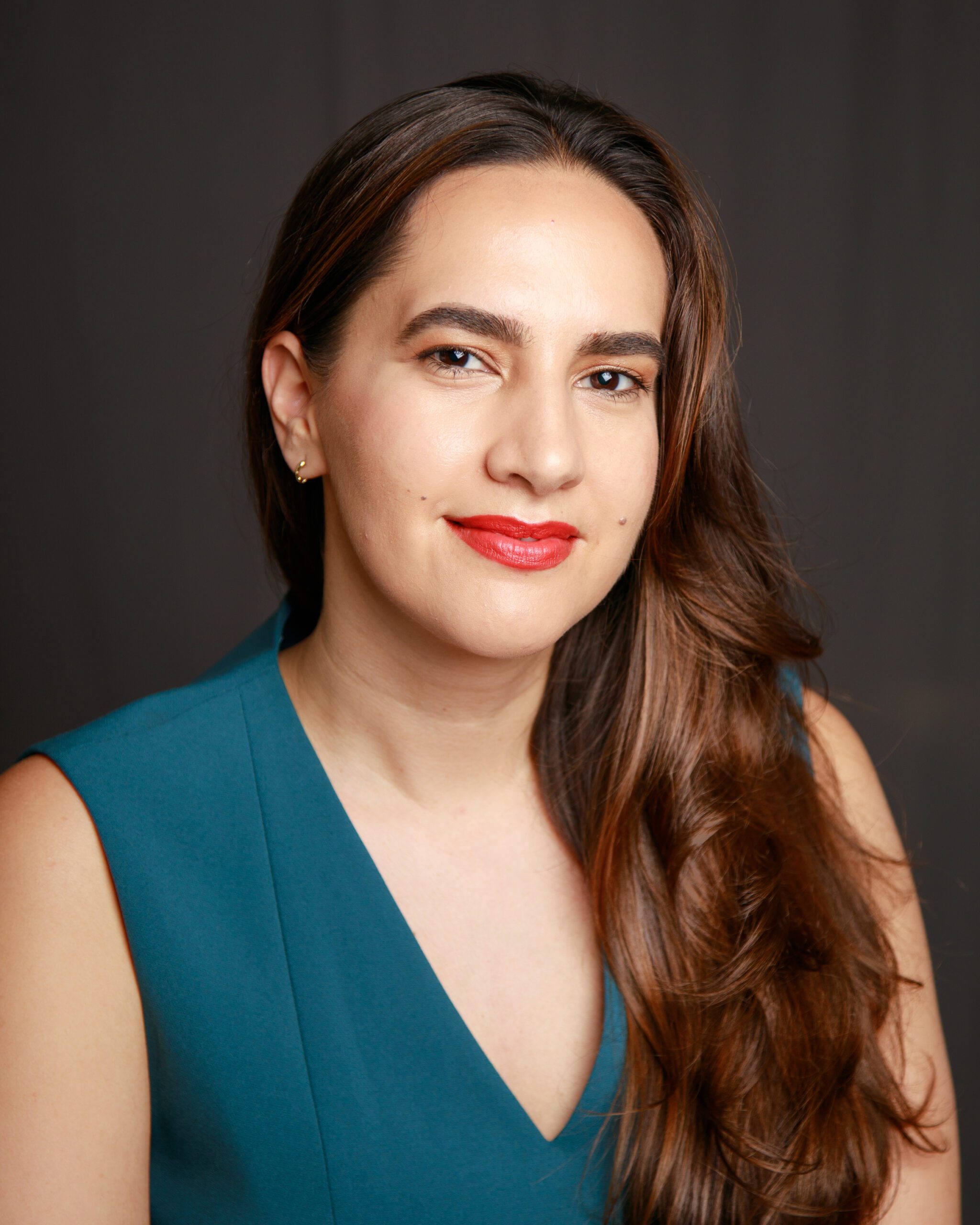
Natalia Ramírez Lee
C. Keith Wingate Visiting Assistant Professor at the Center for Racial and Economic Justice (CREJ)
View Natalia Ramírez Lee’s Profile

Reuel Schiller
The Honorable Roger J. Traynor Chair and Professor of Law
View Reuel Schiller’s Profile
Current Student Researchers
Program Information
The following are UC Law SF courses that explicitly center issues of race and subordination in their examination of the law and legal systems. This list is not exhaustive. We encourage current students to consult the Course Catalog for additional offerings related to issues of racial and economic justice.
- American Indian Law
- American Legal Education: A Critical Examination
- Asian Pacific Americans and the Law
- Citizenism: Race and Immigration
- Citizenship and Equality: Interdisciplinary Perspectives
- Civil Rights Theory and Practicum
- Community Economic Development Seminar
- Community Group Advocacy & Social Change Lawyering Clinic
- Constitutional History: Race and Civil Rights
- Critical Race Theory
- Education Law and Policy
- Restorative Justice
- Employment Discrimination
- Federal Indian Law
- Individual Representation Clinic
- Immigrants’ Rights Clinic
- Immigration Law
- Latinx and the Law
- Movement Lawyering
- Race, Racism, and American Law
- Race, Sexuality, and the Law
- Refugee and Human Rights Clinic
- Refugee Law & Policy
- Reproductive Justice
- Social Enterprise & Economic Empowerment Clinic
- Tribal Law
Upcoming Events
The 2026 Wiley Manuel Lecture – The Big Sort: Reconciling College, Opportunity and Racial Justice in American Society
RSVP To Attend In-Person RSVP To Attend Virtually
CREJ – State, Local and Community Strategies to Protect Workers’ Rights
Join us to discuss how state and local governments are responding to federal rollbacks of labor protections and advancing new models of economic justice. The event will also feature movement lawyers […]
Past Events
Logged In, Left Out: Racial Inequality in Remote Work
Professor Natalia Ramírez Lee from UC Law SF’s Center for Racial and Economic Justice, Stanford Economics Professor Nick Bloom and Ariane Hegewisch and Binderiya Byambasuren from the Institute for Women’s Policy Research participated in an engaging panel on racial inequality in remote work. Moderated by Professor Seema Patel, the panelists discussed changing remote work norms, examined racial disparities in remote work access, and provided insight into courts’ views on remote work discrimination.
Police Surveillance and the Perils of Technology
Professor Prithika Balakrishnan evaluates the expansion of surveillance technology into local law enforcement, focusing on the ways that technology has reoriented policing from evidence gathering and deterrence to a mode of constant data collection and crime prediction.
Reflections on the Moment: A Conversation between California Attorney General Rob Bonta and UC Law SF Chancellor and Dean David Faigman
Reflections on the Moment: A Conversation between California Attorney General Rob Bonta and UC Law SF Chancellor and Dean David Faigman
The Big Sort: Reconciling College, Opportunity and Racial Justice in American Society – Richard Banks
Rick Banks currently teaches constitutional law, family law, and other courses and seminars that address issues of race, family law, and the Constitution.

Black UC Law SF (Hastings) Speaks
Black UC Law SF (Hastings) Speaks is a project of the UC Law SF Center for Racial and Economic Justice (CREJ). The series is modeled after the StoryCorps podcasts and aims to preserve and present, with dignity, authentic stories of Black experiences within the UC Law SF community.
